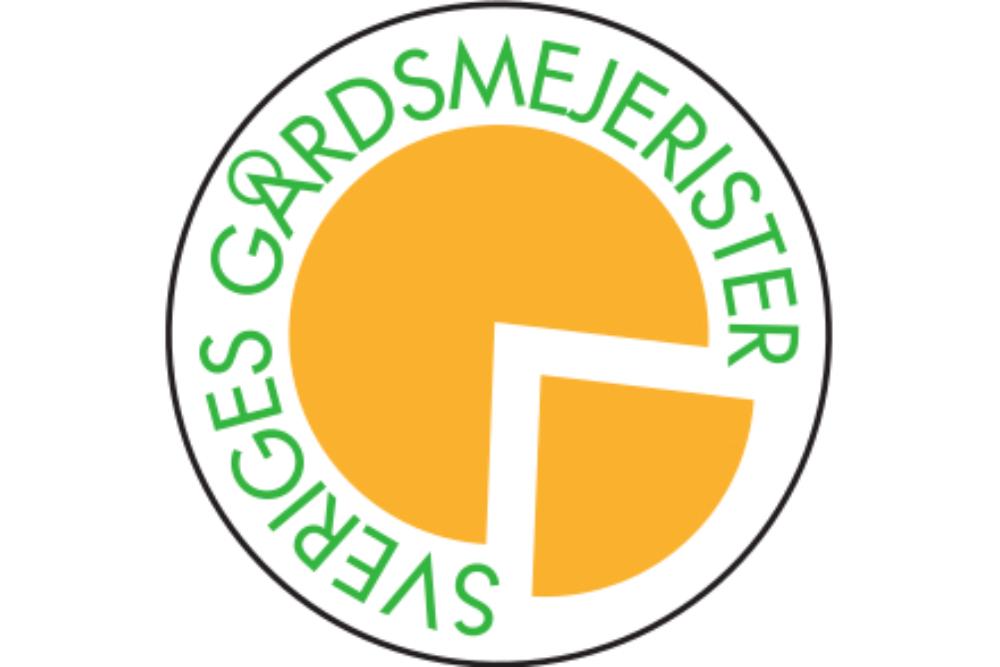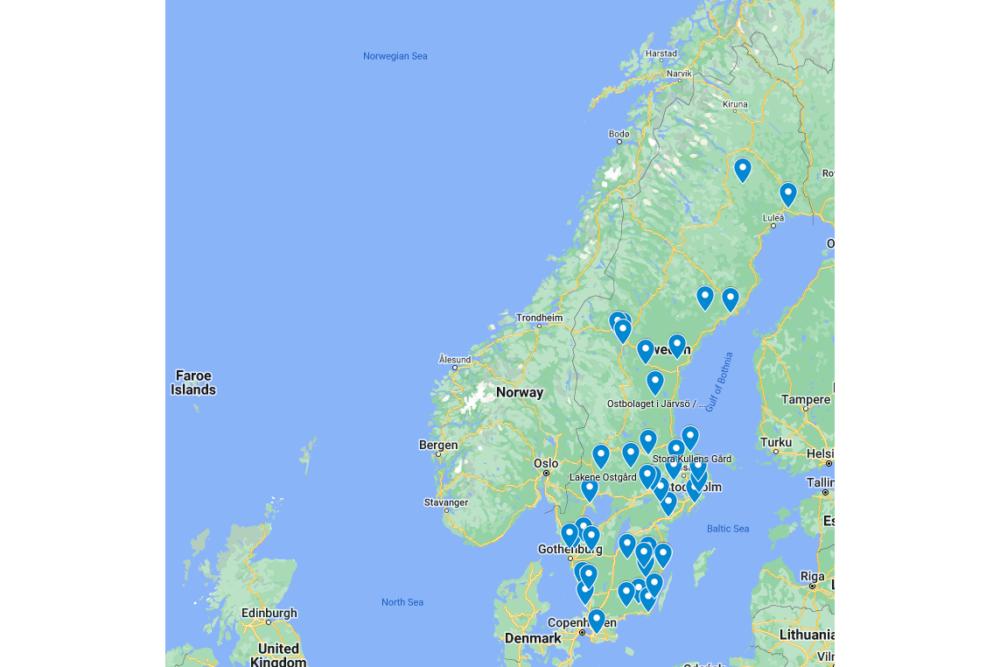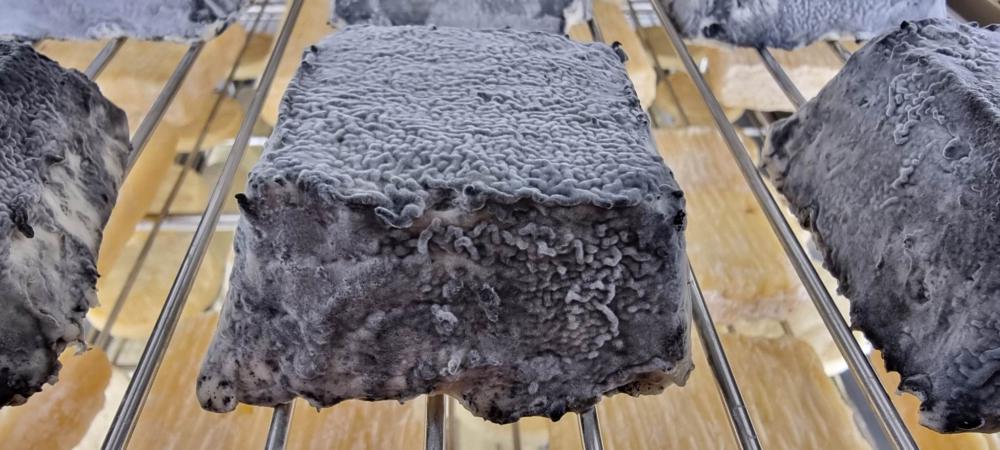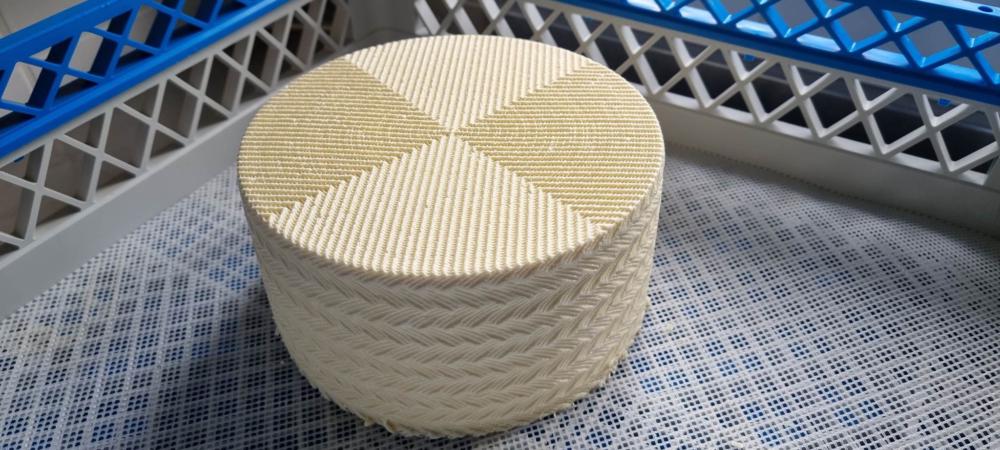Presentation of the swedish organisation Sveriges Gårdsmejerister
[News from the members] Sweden
Until the 1990s, Sweden’s small-scale cheese production consisted mainly of goat’s milk processing in the more traditional way and mainly in the north of Sweden. Later, more and more farm dairies came to establish themselves in the south with the processing of goat, cow and sheep’s milk. These were often more inspired by cheese types from central Europe in their product range development.
The initiative for the formation of the association Sveriges Gårdsmejerister came from the dairymen/dairywoman who established themselves in the southern parts of the country. They felt a strong need for skills development, quality assurance and networking. At this time, food crafts and small-scale dairy production were also an unknown phenomenon, mainly in the southern parts of Sweden, among authorities, politicians and consumers. The association became a way to make our industry known and eventually recognized.
Members
At the formation of the association in 1998, about 20 diaries were
present. Since then, the association has grown to around 100 of Swedens
total of 120-130 farm dairy farmers spread across the country.
Member can become anyone who artisanal processes milk or plans to do so,
respectively. The membership fee is calculated according to the
companies annual sales with a minimum of 500 SEK and maximum of 2.000
SEK. We do not have supporting members like educational and research
facilities or supply companies.
Responsibilities
The association is important
- to represent our industry ahead of authorities and rule changes (mostly they make our everyday life more difficult),
- to network,
- to exchange experiences and knowledge,
- for training, before new establishing a new production facility
- with contacts at the highest political level,
- and to cooperate with the European organization FACEnetwork.
The association’s work is managed on a voluntary basis by the board and members. Several working groups focus on particularly important issues, there is, for example, - a “supervision group” – regularly scanning the current legal situation and its effects on the farmhouse and artisan milk processing, studying different recommendations as well as keeping contact to the authorities
- a newspaper group – scanning the media for relevant information, publishing the membership journal
- a project group – dealing with current projects (view below)
No financial support is provided but project funds are being sought
when we want to carry out training or marketing efforts.
We have for example been working with projects involving sensory tests
with the goal of strengthening our ability to provide good descriptions
of our own products in sales situations.
We are currently working on two projects, one on rennet produced in Sweden, organic if possible, and one on farm-made cheese cultures, both with the goal of strengthening our own cheese culture, our own terroir and diversification of flavors.
Within the framework of these projects, we organize courses related to the project goals, but we also arrange some courses based on surveys about what our members want.
The association is important for our members also for purely social
reasons, to have colleagues to communicate with, especially since many
of our members in rural areas work alone in their dairies often far from
each other. Our closed Facebook group is popular, partly for that
reason, but also to be able to exchange questions and answers about all
kinds of problems that can crop up in a small food craft business.
We see a strong potential in our industry and that Sweden’s
Gårdsmejerister will have a strong importance in the future as
well.
Raw milk situation
• The sale of raw milk products and raw milk cheese is allowed.
• The sale of raw milk is restricted as follows.
Dairies wanting to sell non-pasteurized milk directly to the consumer
have to register with the district administration first. They are then
allowed to sell up to 70 liters of raw milk per week direct from the
farm.
They are obligated to document to whom the raw milk was sold as well as
to pass an information sheet on the handling of rawmilk to every
costumer.





